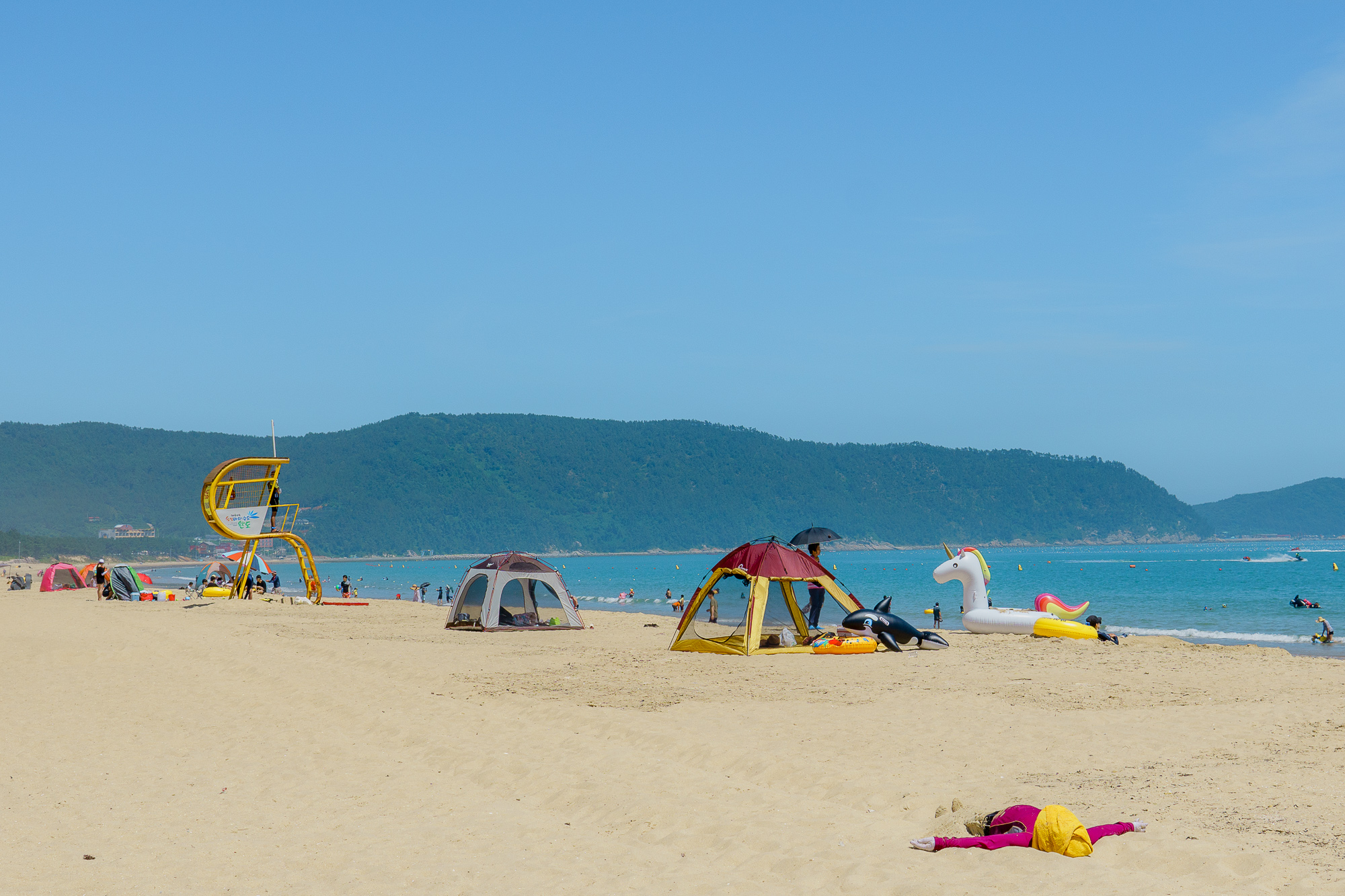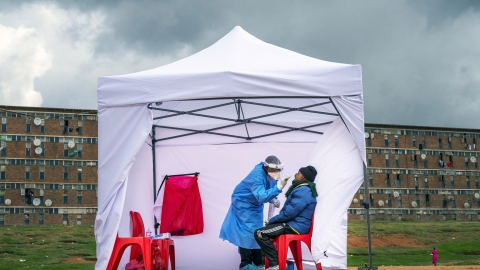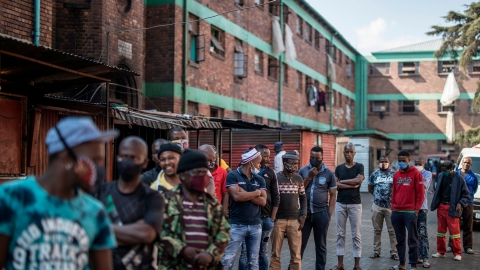Sixteen of the country's most popular beaches require reservations for swimming, primarily located in the provinces of Busan, Gangwon, Ulsan, and North Gyeongsang. Meanwhile, visitors to Jeju Island or South Chungcheong Province don't need to worry about reservations, as the new system is voluntary, and the authorities in these two regions have decided to implement other measures to prevent the spread of the disease.
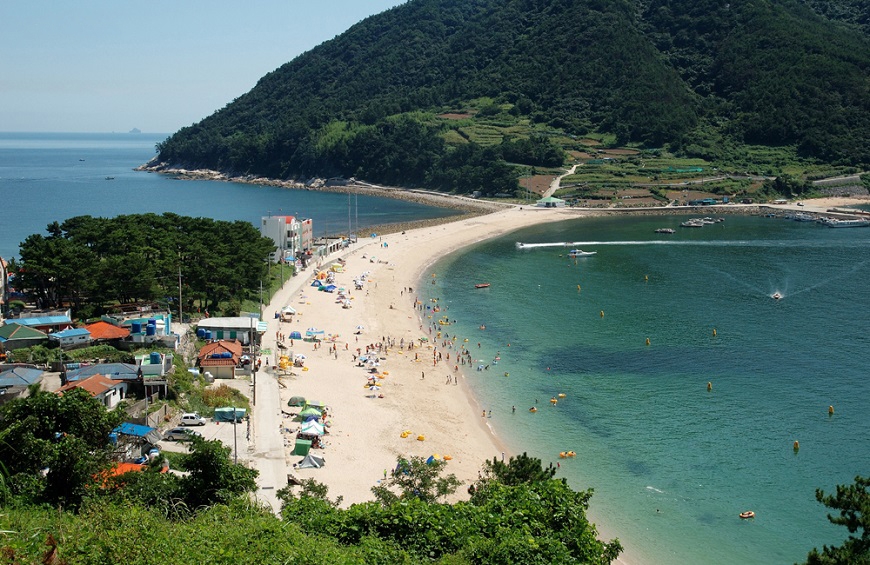
Daecheon Beach in Boryeong City, Chungnam Province
If the destination is not one of the 16 beaches listed above and is not located in Jeju or South Chungcheong, visitors can check on the website whether they need to make a reservation.Information about beach tourism in South Korea..
Additionally, visitors to 270 beaches in South Korea will be required to have their temperature checked and provide personal information so that, in case they are infected, authorities can more easily trace their whereabouts.
A South Korean government official said at a press conference on June 18: "Due to the ban on overseas travel, domestic beaches are expected to be very crowded this year. We hope this measure can help people enjoy themselves at the beach while ensuring safety."
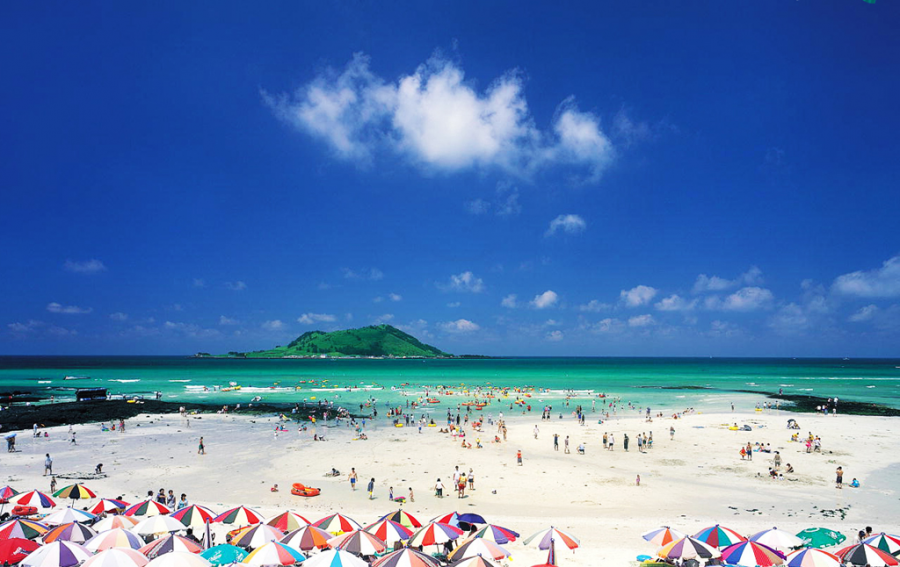
Hyeopjae Beach on Jeju Island
In addition to beach reservation restrictions, due to the continued surge in new infections in Seoul, swimming in public pools may also remain closed this summer. On June 19, the Seoul government announced plans to temporarily postpone the reopening of swimming pools and water sports facilities along the Han River. Initially, the city planned to reopen five of its eight pools by the end of next month and allow them to operate for about two months. However, the plan has been delayed due to the increase in new cases. The city government said it will review the plan and announce a final decision next month.
According to data from worldometers.info, as of June 22nd, South Korea had recorded 12,438 cases of SARS-CoV-2 infection and 280 deaths.

 VI
VI EN
EN




